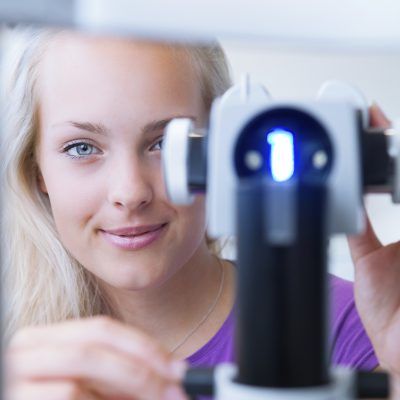













































German Research Foundation’s Science TV Website Shows Films from Freiburg’s Department of Microsystems Engineering
Write the screenplay, check the lighting, operate the camera: This might not sound like a typical day at the lab for a microsystems engineer. Nevertheless, the doctoral candidates of the German Research Foundation (DFG) Priority Program “Active Micro-Optics” worked for months in 2012 to present their research to the public through the medium of film. The DFG is now showing the films each Wednesday on its online film platform Science TV, one episode at a time.
“The videos are addressed primarily to 16- to 19-year-olds who haven’t yet decided on a career path or a field of study,” says Dr. Claudia Duppé, coordinator of the priority program. The website is available in German and English and also provides collections of links and background information on the program. The films show how the researchers use models from nature to reconstruct microscopic optical systems. The topics of the clips range from individual components like lenses and apertures to production technologies and even entire systems. In addition, they explain how it is possible to guarantee images of high optical quality, why it is absolutely essential to develop new aperture systems and polarization filters, and what piezoelectric actuators do. Viewers also learn about how the engineers produce microsystems components. The last episode of the Science TV series is devoted to visions for the future.
The self-produced short films allow the young researchers to present their approach and work from a personal angle, and they demonstrate that the secret to the success of this work is not competitiveness but cooperation. Established in 2008, the DFG Priority Program “Active Micro-Optics” is coordinated at the Gisela and Erwin Sick Laboratory of Microoptics. It includes a total of 15 research groups working on microscopic optical systems at eight locations in Germany.
Further Information: